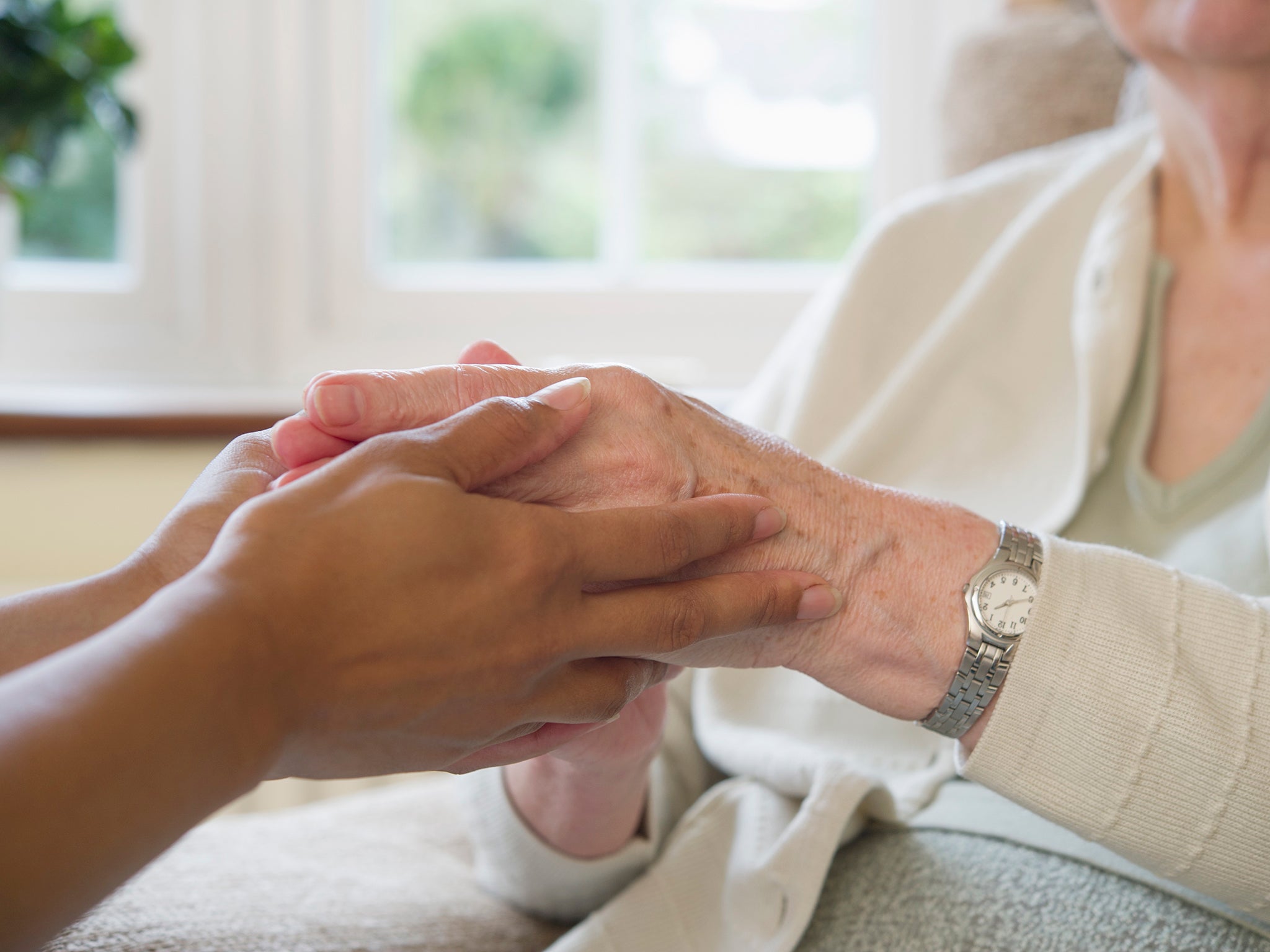Home is not always the best place to die, says end-of-life care expert
Dr Kristian Pollock says more 'attention and resources' should be spent on end-of-life care in other locations

The commonly held belief that home is the best place to die may be a myth, according to an expert in end-of-life care, who said more should be done to improve people’s experience of dying in hospital.
Evidence suggesting that most people would prefer to die at home is flimsier than was thought, according to Dr Kristian Pollock, who added that more “attention and resources” should be spent on end-of-life care in other locations, such as hospitals.
“Just because a death occurred at home does not mean it was good,” she wrote in an article published today in the British Medical Journal. “The person may have been alone, inadequately supported, in pain, distressed, and fearful.” Idealised accounts of “the good death at home” often do not recognise the “intractable pain and discomfort” experienced by some dying patients, she added.
Dr Pollock, who is principal research fellow at the University of Nottingham’s Sue Ryder Care Centre for the Study of Supportive, Palliative and End of Life Care, said a painful death was the greatest fear of most patients, yet pain was “less well controlled” at home than in hospital.
The involvement of hospital staff can also be helpful, she added, as most people do not want their death to be a “burden” on their families. Their relatives may also find that watching them die at home leads to a “contamination of place and memory”.
This week, a study comparing end-of-life care in 80 countries concluded that the UK was the best place for a person to die. The research by the Economist Intelligence Unit cited the integration of palliative care into the NHS and a good range of charity-funded hospices. Australia was ranked second, New Zealand third and Ireland fourth.
“When patients wish to die at home, every effort should be made to achieve this,” Dr Pollock wrote. “However, until resources are in place to adequately and equitably support home deaths, the current promotion of patient choice risks raising expectations that are not realised.”
She added that “normalising” home as the best place to die could lead to a sense of “guilt and failure” among families if a person died elsewhere. “Hospitals need to be reinvented as a viable alternative and place of excellent care for dying patients and their families,” she concluded.
Professor Julia Verne, end-of-life clinical lead at Public Health England, agreed: “Around half of all deaths in England occur in hospital, so it’s important hospitals have resources in place to deliver high-quality care for patients in their final days of life.”
Subscribe to Independent Premium to bookmark this article
Want to bookmark your favourite articles and stories to read or reference later? Start your Independent Premium subscription today.

Join our commenting forum
Join thought-provoking conversations, follow other Independent readers and see their replies